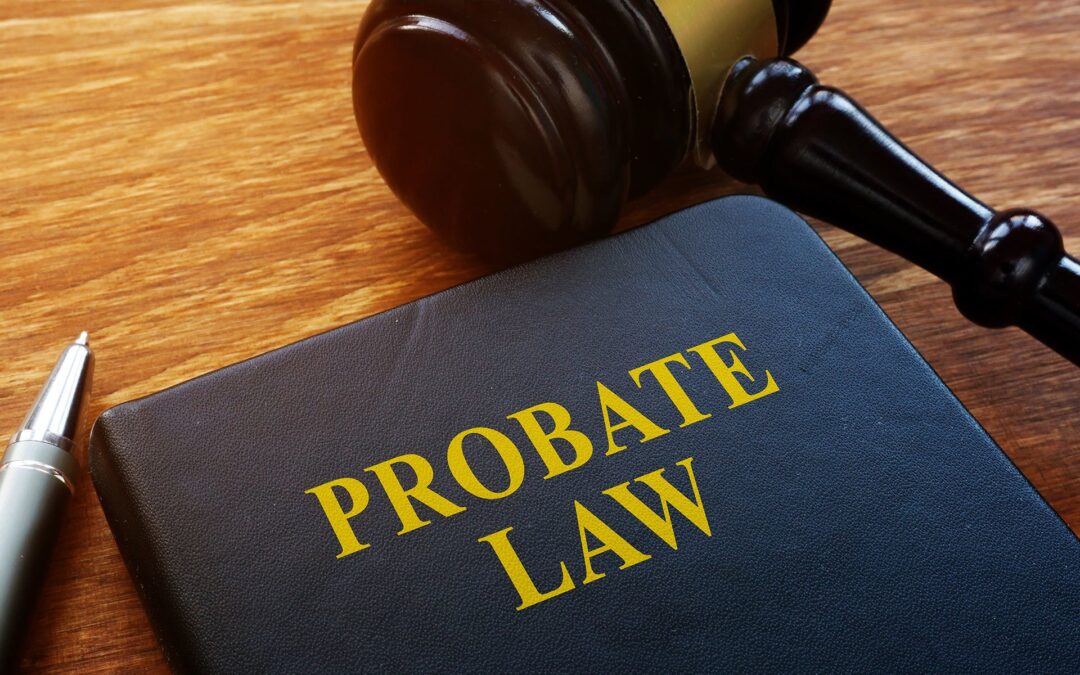When a loved one passes, dealing with the emotional aftermath can seem overwhelming. And if you’ve been named executor of the estate, your legal responsibilities can bring additional emotional strain. In many cases, working with an attorney to help with probate court can ease the burden, save time and even money.
Understanding Probate
Probate is the legal process of settling a deceased person’s estate. It involves identifying assets, paying debts, and distributing what remains to the rightful heirs or beneficiaries. If there’s a valid will, the executor oversees this process. If there’s no will, a court typically appoints a personal representative to manage the estate based on state laws.
Families often hope to settle affairs and distribute assets quickly, unfortunately the probate process can drag on for months or even years due to procedural requirements and court backlogs. This delay can be frustrating for the beneficiaries, but may be even more disheartening for the executor who has been charged with safeguarding the estate.
While it’s entirely legal to handle probate on your own, especially for simple estates, the process can still be time-consuming and confusing.
When You Might Need a Lawyer
Some probate cases are too complex – or too risky – to go it alone. You should strongly consider hiring an attorney if:
- There’s no will. When someone dies without a will (known as dying intestate), state laws determine how assets are divided. This often leads to confusion or family disputes that an attorney can help manage.
- The estate is large or complicated. If the estate includes real estate, business interests, significant investments, or is valued over $1 million, a lawyer can ensure everything is handled properly.
- There are disputes. If beneficiaries disagree, or if creditors are making claims against the estate, an attorney can prevent costly mistakes and serve as an unbiased mediator to help alleviate family concerns.
- The estate is insolvent. If debts exceed assets, an attorney can help navigate the complicated rules about which debts must be paid first to avoid personal liability.
- There are tax issues. A lawyer (and possibly an accountant) can help manage unpaid taxes or disputes with the IRS.
- You’re feeling overwhelmed. If the paperwork, deadlines, and responsibilities feel unmanageable, a lawyer can take over the heavy lifting so you can focus
When You Might Not Need a Lawyer
Some estates are simple enough to handle without an attorney. You may be able to proceed on your own if the estate is small, with limited assets and no real property. And often the deceased has left a clear, uncontested will and the beneficiaries are all cooperative resulting in an estate without any disputes.
Even in these situations, it may be helpful to consult with a lawyer to ensure you’re following legal procedures correctly.
Final Thoughts
Every probate case is unique, so the decision to hire an attorney really depends on your circumstances. While legal help isn’t always required, it often brings peace of mind, especially in more complicated cases.
If you’re unsure whether you need a lawyer, at HH&J, we offer a free consultation to help you understand your options and determine whether professional support is the best course of action for your situation.

